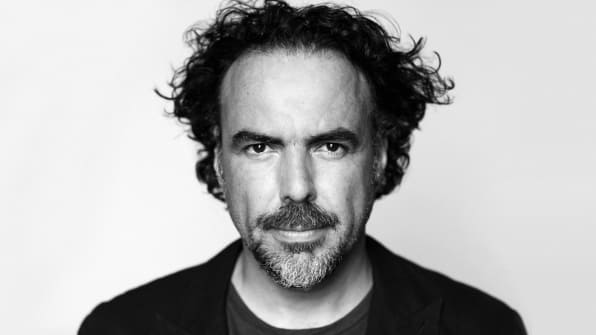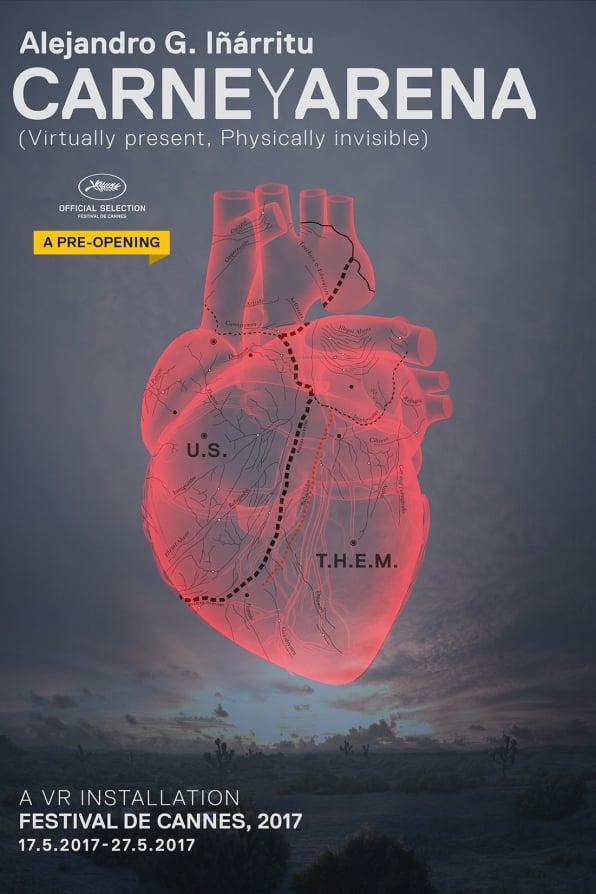Alejandro González Iñárritu is not only in touch with his emotions, he’s proven his skill of shaping them into art.
The Academy-Award winning director of Birdman or (The Unexpected Virtue of Ignorance) and The Revenant discussed his career and creative motivations with artist Marina Abramović as part of Tribeca Film Festival’s Directors Series. Although topics ranged from virtual reality to President Trump, the through line of the discussion was Iñárritu’s ability to harness not only his passions, but those of his actors as well, and mold them into some of the most emotionally-charged films of the past decade: 21 Grams, Babel, Biutiful. Below are some of the highlights from Iñárritu’s talk.

Making Mistakes
“My ambition diminishes reality, and then when I hit reality there’s always turbulence. I would love to be a little bit more mathematically planned, but in a way my enthusiasm is overwhelming, and in the middle of the flight I have to solve a lot of things.”
Molding Emotions
“An emotion is a prism that you can interpret in many possibilities. I have learned there was this fear of an actor or actress [burning out] in a scene where–they should feel the whole emotion in one take and not over rehearse. There’s a certain truth to that. But the reality is that filmmaking is an art that is not just born by one moment of inspiration. It’s born by the craft and attempts and mistakes. So in a way you have to be trained as an actor and as a director to sculpt the motion–to finding what is true and what is not true in that moment. What I have learned is that by doing it 100 times in rehearsals, the actors suddenly are liberated from the rationale behind the scene.”

Theaters vs. iPads
“When you go to the museum and you see a [Diego] Velázquez and you bought the postcard, to see a film on an iPad, that’s the postcard of the painting. ‘I saw The Revenant on my phone!’ You didn’t see The Revenant. You saw the postcard of The Revenant. The new generations are not used to the complexity of sound, the latitude of the image.”
Working in Virtual Reality
“One of the biggest mistakes of V.R. is that it’s been interpreted as an extension of cinema, but it’s not an extension of cinema. I would say that V.R. is everything that cinema is not, like a radical kind of thing. Cinema is this little hole we look through and all the things that are not in that frame, we have to basically create in our own minds. In V.R., you don’t have that frame in a sense. We’re learning how to explore the narrative space. I think we are in the baby [stages]. It’s completely an experimental period.”
(68)